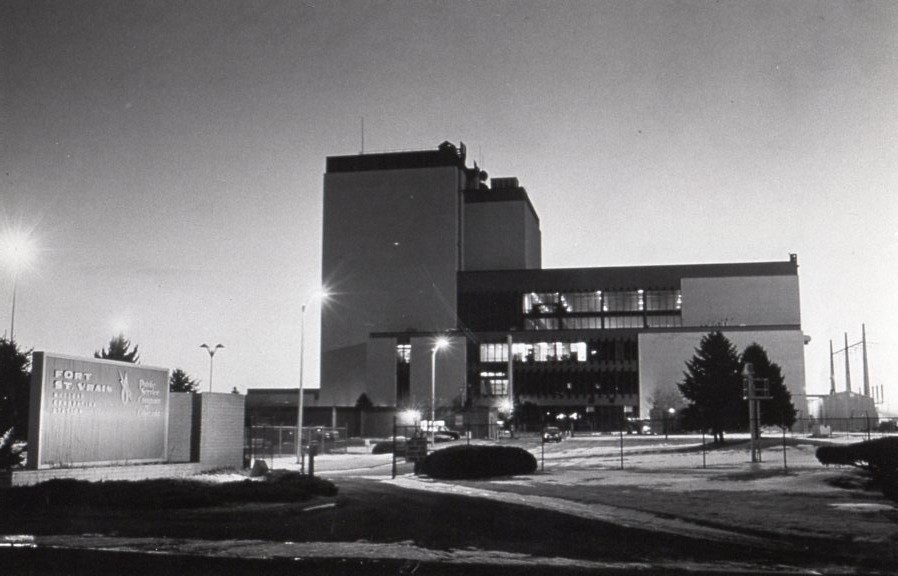Bob Coward Asks ANS to Refocus and Achieve
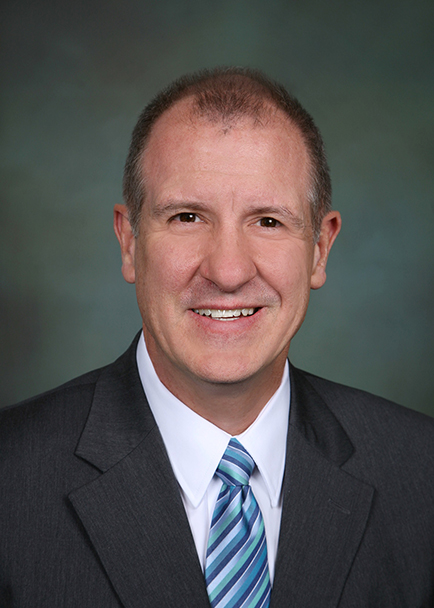
ANS President Bob Coward
If you walked around the palatial Philadelphia venue of the 2018 American Nuclear Society Annual Meeting and bumped into outgoing ANS President Bob Coward or, for that matter, attended one of a number of sessions there, you might have heard him quote exactly, to the hour, how much time he had left as the ANS President. Not that he was eager to leave - in fact, it seemed as if Coward was marking how much time he had left to continue to make an impact.


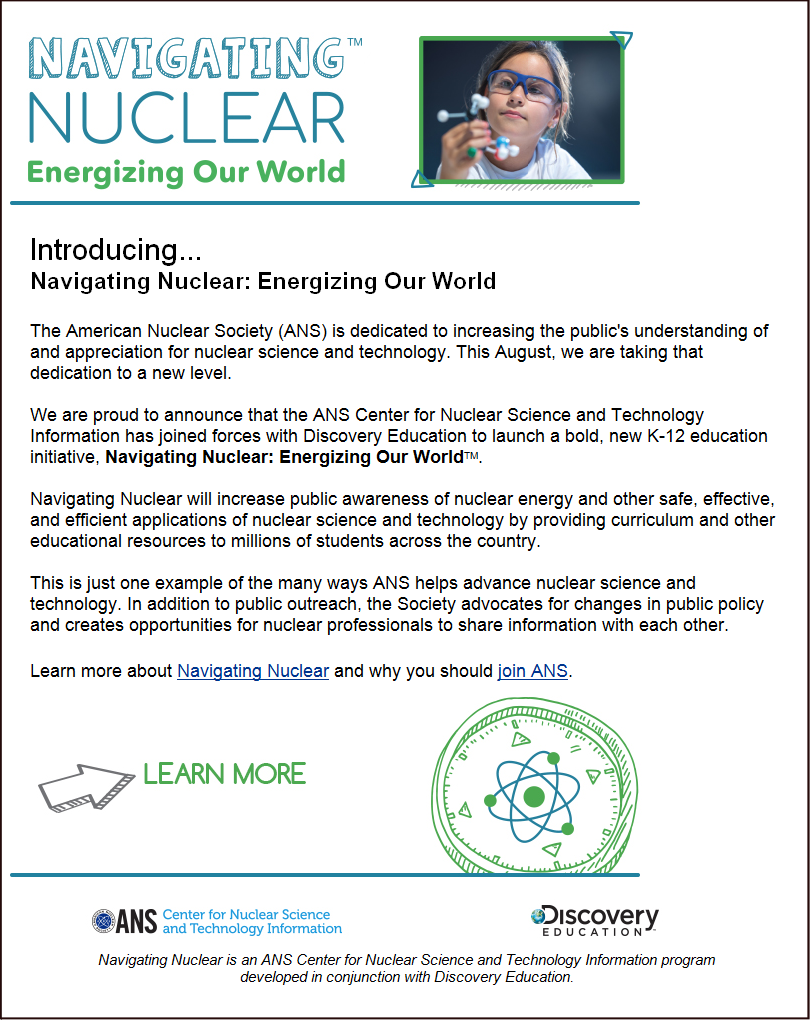
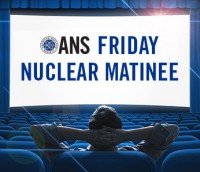
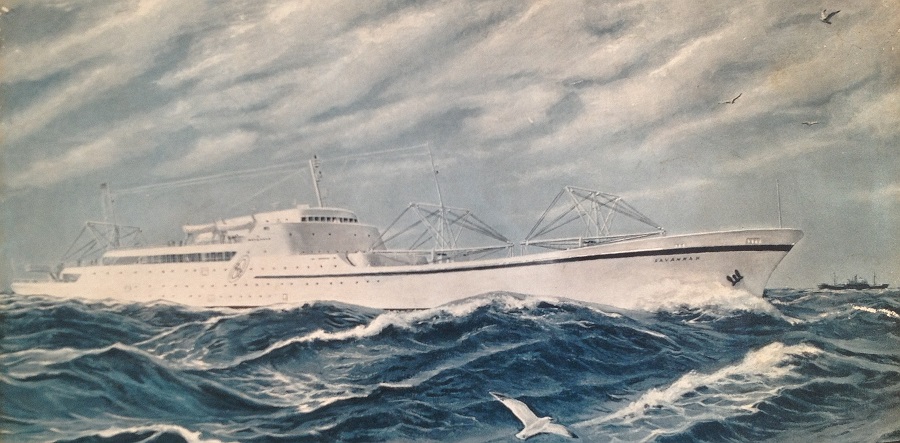
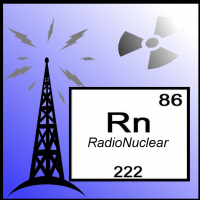 Podcast at RadioNuclear is today's Matinee.
Podcast at RadioNuclear is today's Matinee. 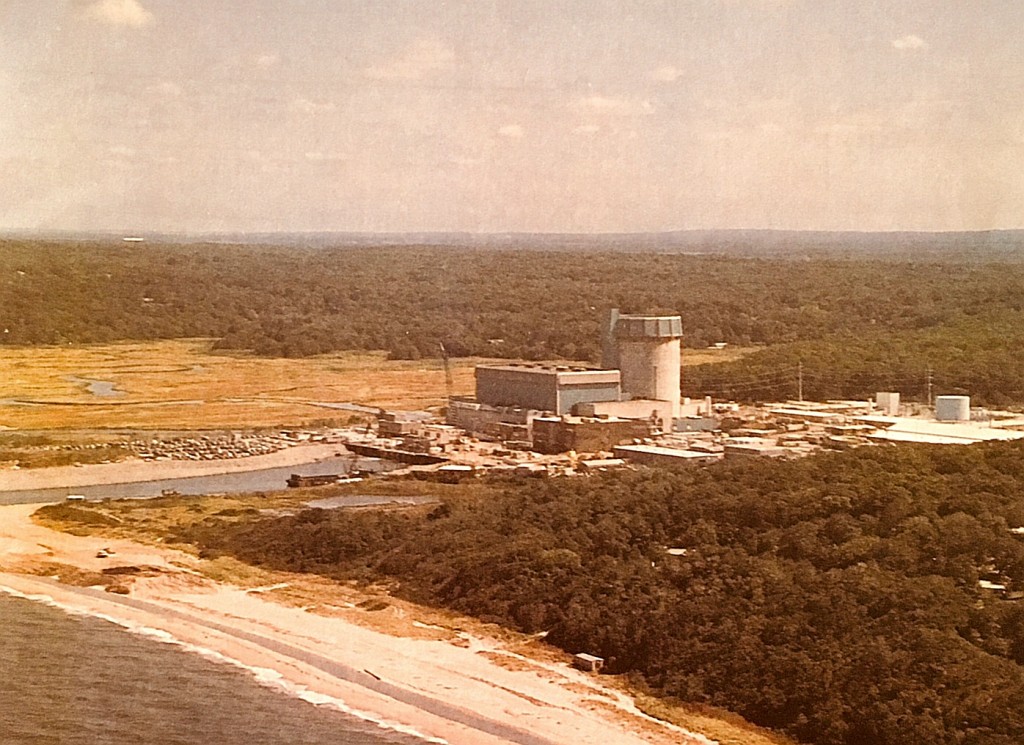
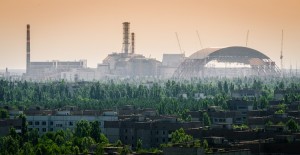
 I truly think people more or less value the environment; they just choose to show it in different ways. Someone in the city might be willing to pay to maintain the Alaskan Arctic, and have no interest in ever going on a hike, let alone visiting the Arctic. Someone else may be dead set against environmental regulation but spend much of their time in beautiful undeveloped places; hiking, fishing, or hunting. No matter what people's personal feelings are towards the environment, we all are dependent on it and need to find ways to agree on how to use the natural resources available.
I truly think people more or less value the environment; they just choose to show it in different ways. Someone in the city might be willing to pay to maintain the Alaskan Arctic, and have no interest in ever going on a hike, let alone visiting the Arctic. Someone else may be dead set against environmental regulation but spend much of their time in beautiful undeveloped places; hiking, fishing, or hunting. No matter what people's personal feelings are towards the environment, we all are dependent on it and need to find ways to agree on how to use the natural resources available.